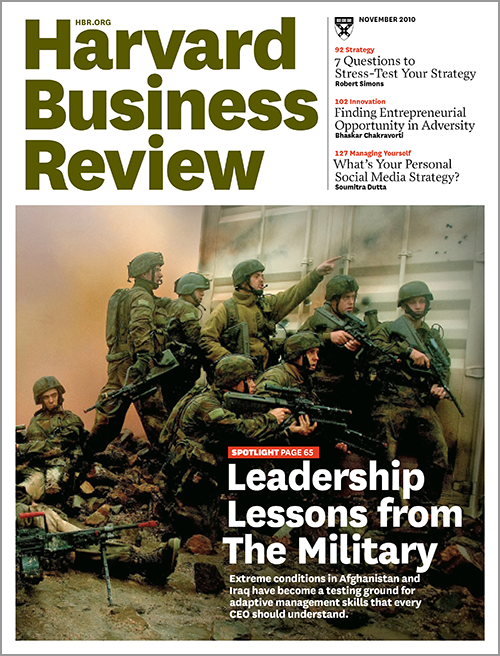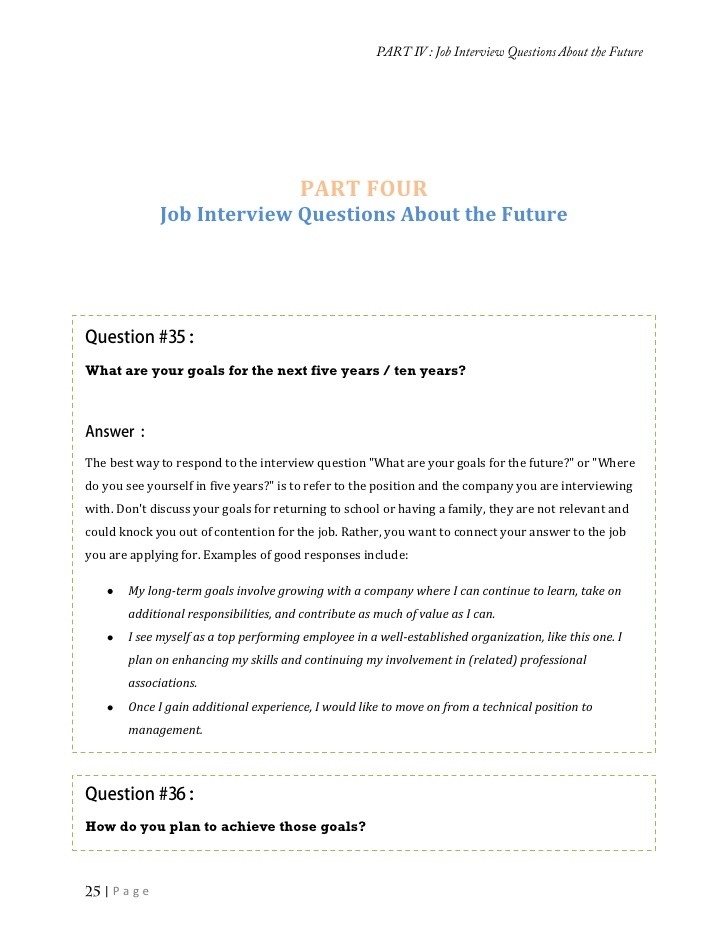Questions to ask if you ever meet your fund manager
Post on: 9 Июль, 2015 No Comment

Questions to ask if you ever meet your fund manager
February 4, 2007
If you could ask your mutual fund manager anything, would you really want to know which past winner from American Idol was his favorite?
Its a silly question that I pondered after watching some of the Media Day festivities during the buildup to todays Super Bowl. On Media Day, the teams make players available to the media horde, and while I appreciate a writers desire to find a fresh angle or coax a clever quote from a star someone actually asked about Idol I also recognize the missed opportunity to get real information and settle for the superficial.
When it comes to mutual funds, there is no equivalent of Media Day. While managers sometimes face reporters at a conference or speaking event, few funds hold shareholder meetings, and few investors get to ask probing questions no matter how serious or silly of the person who runs their money.
But lets say, just for a moment, that shareholders could have a sit-down with their managers. What questions should they ask?
Theres a wide range of possibilities, and answers to some of those questions are available, even if you dont have access to the manager.
Youre not going to be invited to sit down with your fund manager, but you can get answers to some of the questions youd want to ask, either from the prospectus, the (statement of) additional information or by calling and asking, says Michelle Smith, managing director of the Mutual Fund Education Alliance. Talking to the manager would be more fun, but if the information is important to you, find another way to get it.
In case you ever meet your mutual fund manager, here are some questions to get the conversation started; assuming you wont get that chance, consider looking for the answers in your funds documents or from its service representatives.
/> Funds often give complicated descriptions of what they do, speaking a language of jargon and legalese. Most managers have a simple explanation. They buy stocks with certain characteristics, and sell when those traits or conditions change.
A manager who cant describe their strategy in three sentences is either making things complicated, or trying to come up with plausible excuses for when things go wrong.
/> The first question is answered in the funds statement of additional information, but the second question which is not provides context.
Knowing that managers are eating their own cooking and have their own interests aligned with you is comforting. Says Frank Armstrong of Investor Solutions, a financial planning firm in Miami: If your small-cap manager is investing in someone elses small-cap fund, you probably would want that other fund too.
While managers sometimes say they dont invest in their own fund because its not appropriate maybe theyre too young to load up on the conservative bond fund they run theres no excuse for not having some skin in the game.
Id like to know how much of the managers future is at stake, says Gregg Brewer, executive director of research at Value Line. Some managers could have $100,000 in their fund, and its less than they get in a quarterly bonus. Id like to know that the manager trusts the fund with as much money relative to their net worth as I do, that theyve got 10 percent or all of their money in the fund.
/> Some managers are compensated based on short-term results, others for long-haul performance. Some need to be at the very top of the heap to max out their pay, while others need to beat their peers or a relevant index, or to simply be consistent.

Managers want to max out their incentive pay, so theyll manage the fund to do that; knowing their incentives helps you determine what kind of ride youll get from the fund.
/> This question might have worked on Super Bowl Media Day, but it also works for fund managers, because investing is a competitive, numbers-driven business.
If a manager or a fund company cant tell you what makes him superior to the competition, you should wonder if he really is better. While the proof is in the performance, knowing managements thinking before playing the game helps you determine where to place your investment wager.
/> Some managers worry about after-tax returns, others care only about the gross number. A funds past tax efficiency which is available information is not necessarily a good indicator of what the future holds, because some funds limit distributions more by coincidence than by plan. If youll hold the fund in a taxable account, you want to know if the manager ever thinks about the tax burden youll have to bear.
/> If youre talking with a star manager whose presence was a big reason for investing in the fund, this is a serious concern.
Says Smith: The company line is always that things will be great, and everything is OK, but you want to know what theyre planning and that they actually are planning especially if you bought the fund because you trust the manager.
Chuck Jaffe is senior columnist at MarketWatch. He can be reached at jaffe@marketwatch.com or Box 70, Cohasset, MA 02025-0070.
Next Story














